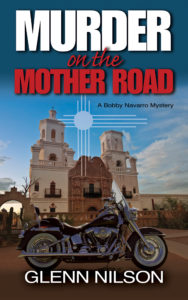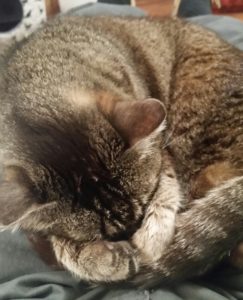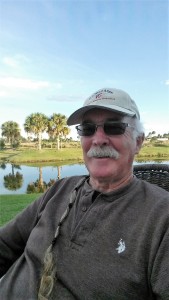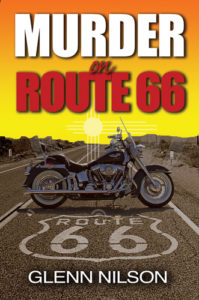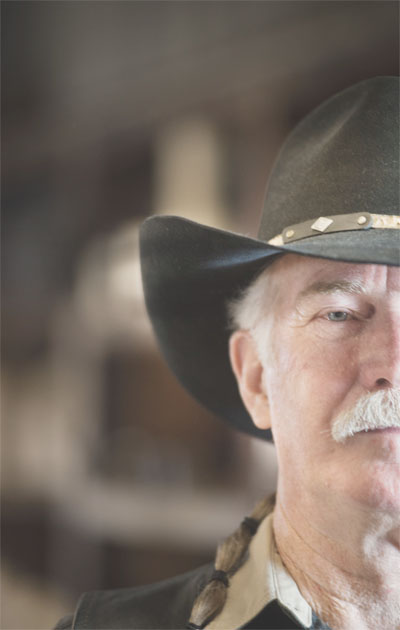One of my sons was talking about archery the other day and described shooting his new longbow in terms suggestive of a Zen experience. He is an instinctive shooter, as am I, which means that the aim and release is a subconscious process rather than mechanical alignment and control of machinery. Struggling for adequate descriptive terminology starts to sound a bit flaky, but the archer experiences the event instead of deliberately committing the act. It’s far different from lining up the sights and target using a compound bow constructed with wheels, pulleys, and cams. The reward is that it provides the archer a Zen-like aesthetic experience.
While I’m only a beginner, I think fly fishing offers similar relief from the cacophony of everyday life in modern society. There is something meditatively rewarding and peaceful in presenting a fly at a desired spot on a burbling trout stream. You can escape the high powered motors of a fishing boat throttled-up to cover the next twenty five or fifty miles to an intended fishing area as quickly as possible. You can simply enter a stream in a pair of waders then carefully move toward a likely spot without alerting or disturbing any trout lurking ahead,. When you do you feel more in touch with fishing as it has occurred over millennia and less deluded with a sense of having power over nature. The fishing becomes a Zen-like experience.
Things I’ve read about Zen often seem paradoxical. You have to abandon yourself and give up trying to be in control of your bit of the world in order to find yourself and the truth of what is. But then, much of what I’ve encountered in life has been paradoxical—good/bad—win/lose—right/wrong. In literature, I think interesting fictional characters are complex, and such complexity reflects the paradoxical and dual nature of our universe. They are not all one thing. Heroes are good, but not entirely good. Villains are bad, but not completely bad.
But, you can’t simply toss a contradictory set of behaviors into a story and end up with a more interesting character. The complexity must emerge from some underlying truth about the character. I suspect that emergent truth is often discovered by the writer as well as the reader rather than planned at the outset. In a sense, the writer must discover and experience the story as well as write it. More paradox.
Of course, a writer must dutifully sit at the keyboard and write, but you cannot wring a good story from a mind crammed with rules and literary prescriptions by sheer force. You have to lose yourself in the story to write a good one. The Zen of writing? Perhaps so. When it happens, it feels real and truthful, and that is a very precious experience to have these days.
I remember leaving the fast-multi-lane freeways and putting the tires of my motorcycle on the narrow, undulating pavement of old Route 66 on a book promotion tour for my first novel, Murder on Route 66. I felt an instant sense of being in touch with the fields and ranches alongside the roadway, more in tune with the skies overhead, the smells of the fields I passed, and the cool shade thrown onto the road by trees growing close alongside. I had let go of my schedule and purpose and became more in touch with both it and myself. I remember taking a deep breath of air, smiling at how good I suddenly felt, and how fortunate I was to be on that ride. I knew my series protagonist Bobby Navarro had that side to him as well. I knew it was something I wanted to be able to communicate in the stories I would write about his adventures on the road. Riding Route 66 wasn’t about overcoming the traffic ahead or powering past a row of eighteen wheelers blocking my lane. There was no traffic. There was no hurry either. By slowing down, I captured some of the magic and allure of that old, iconic highway I had pushed hard to reach.
Writing a story is a tremendous amount of work, but it is also rewarding when the words set down on the pages reveal the story you have been struggling to bring to life. Paradoxically, it is sometimes when you let go of your attempted control and let the story emerge that the tale you’re trying to write appears. The Zen of writing? What are your thoughts?

